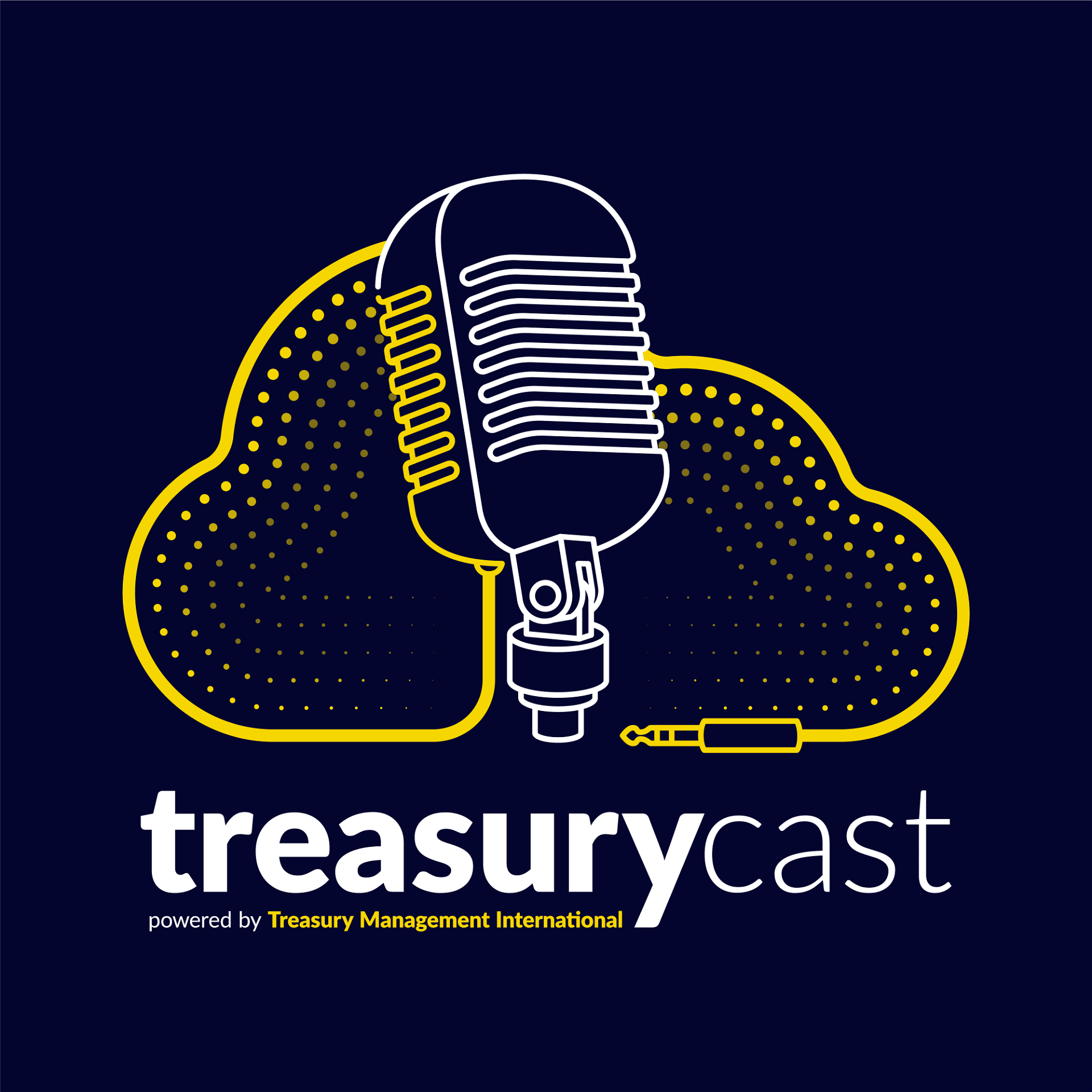80% of treasurers believe they have the majority of skills required to meet the challenges of treasury’s technological transition, but survey responses suggest they are underestimating the importance of crucial technologies, such as APIs and robotic process automation
The Economist Intelligence Unit’s report “The Future is Now: How ready is treasury?” written on behalf of Deutsche Bank, launches today. Based on a survey of 300 senior corporate treasury executives from around the world, it offers a comprehensive insight into how they are approaching emerging technology and regulation. The results suggest that, while treasurers are confident they are prepared for the inevitable adjustments over the coming months and years, their current perception of the importance of certain technologies – and what it will take to effectively implement and extract the most value from them – may be wrongly calibrated.
The survey indicates that 80% of treasurers believe that they have at least the majority of skills required to meet the challenges of treasury’s technological transition. Yet, when asked to identify the top two technologies they believe will bring the most benefit to their department respondents appeared to underestimate the value of two fundamental technologies.
Robotic process automation, which stands to simplify and accelerate routine treasury procedures, and application programming interfaces (APIs) – IT functions that are crucial for pooling and sharing information across different company and bank systems – were seen as being the least important technologies by respondents. Only 8% and 13% of treasurers respectively cited them as being the most beneficial for their organisation moving forward. This may indicate a lack of awareness of both the scale of these looming changes, as well as the impact they stand to have.
“There’s definitely still a need for investment in developing the next-generation treasury,” says Michael Spiegel, Deutsche Bank’s Head of Cash Management. “And while confidence is definitely positive, it needs to be founded on a comprehensive understanding of the ongoing technological changes in the market.”
With 55% of treasurers reporting a change in their companies’ operating model as a result of disruption, it is clear that technology is already challenging traditional treasury operations. Making the most of these changes will begin with a thorough understanding of the necessary shifts in treasury structure, staffing and strategy.
Crucially, treasurers must accept the need to evolve – and not simply as a reactive measure. Collaboration with suppliers and banks is necessary from an early stage to ensure that new technologies are adopted seamlessly and efficiently, while bringing in digital expertise is also critical.
“Much of this boils down to treasurers bedding into their new role of contributing more directly to company strategy,” says Spiegel. “The right investments will certainly buy them the time to think more strategically, but, in the short term, they must lead the charge when it comes to persuading senior management of the need for, and direction of, strategic digital upgrades.
“Treasurers don’t need to be on the cutting edge of technology,” he assures, “but they do need to be proactive and aware of what is coming. This is a big part of why we sponsored the survey: we want to understand how we can best serve our clients as their treasuries start to transition. The whole industry is changing – and by maintaining a close dialogue with our clients, Deutsche Bank is able to offer meaningful and valuable support throughout this exciting technological transformation.”




